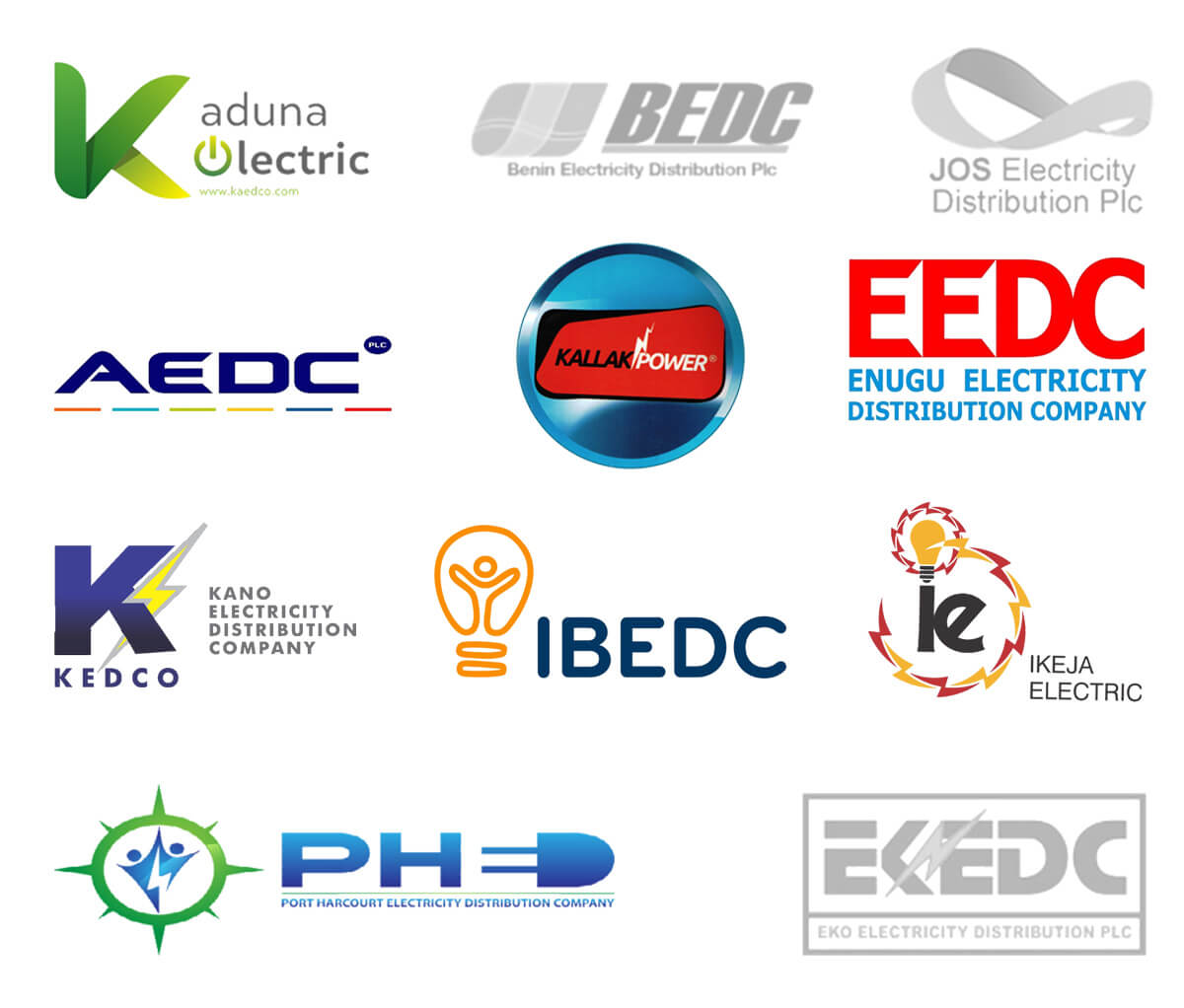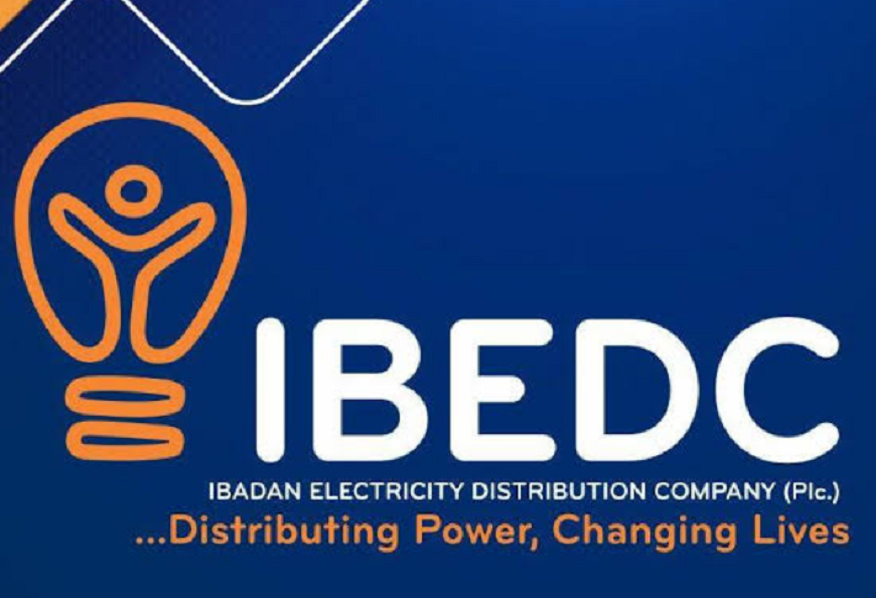General
New Electricity Act Will Trigger Development in Nigeria—NERC

By Adedapo Adesanya
The Nigerian Electricity Regulatory Commission (NERC) has said the recently assented Electricity Act 2023 by President Bola Tinubu is a significant development for the country’s electricity needs.
The commission, in a public notice, said granting legislative autonomy to the federating states on matters relating to the generation, transmission, and distribution of electricity in their respective jurisdictions shows a sign of positive things to come.
It noted that it would be engaging in a stakeholders’ workshop in July to clarify grievances or counterarguments.
It stated that the landmark legislations mark a pivotal shift in the structure of the power sector and present the potential of bringing about positive developments needed for powering Nigeria’s economy to greater heights.
It noted that the model had been successfully implemented in other jurisdictions, including India, Australia, Canada, and the United States of America (USA), where federal and state electricity regulations and markets are clearly delineated.
The commission said it recognises the importance of learning from the experiences and lessons of these jurisdictions to navigate the potential challenges and maximise the benefits of the evolving power sector landscape.
“There is a need to provide further clarity and delineation of roles and responsibilities between the federal and state regulatory jurisdictions. The clarification shall assist in avoiding conflicts, overlaps, and regulatory uncertainty that may hinder the smooth functioning of the power sector with a consequential adverse impact on investors’ confidence.
“In establishing a clear framework and defining the scope of authority for each level of governance, the commission aims to work with all stakeholders to create an environment that promotes efficient and effective sector governance, thus benefiting investors and consumers,” it stated.
NERC maintained that an orderly transition process was required to minimise disruption and shock to market participants and consumers.
“In this regard, stability and clarity are vital for the confidence of existing players and the encouragement of new investors in the evolving market. The commission recognises the importance of working with all state governments on an orderly transition having regard to legacy reform issues and the novation of existing contractual commitments.
“In pursuit of bringing to effect the laudable provisions of the electricity industry laws and to facilitate a smooth transition, the commission has scheduled a stakeholders workshop to hold in July, with key stakeholders including market participants, state government representatives, and other key interested parties.
“The workshop shall serve as a platform for open dialogue and collaboration, enabling participants to discuss and commence the development of a robust roadmap for a successful implementation of multi-tier electricity markets,” it added.
President Tinubu, on June 10, assented to the electricity bill, which authorises states, companies, and individuals to generate, transmit and distribute electricity.
The new electricity law repealed the Electric Power Sector Reform Act (EPSRA) signed by President Olusegun Obasanjo in 2005.
The new Act signed by Mr Tinubu consolidates all legislation dealing with the electricity supply industry to provide an omnibus framework to guide the post-privatisation phase and encourage private sector investments in the industry.
General
Nigerian Bottling Company Bridges Education, Employability Gap

By Modupe Gbadeyanka
The Nigerian Bottling Company (NBC) has reaffirmed its determination to bridge the gap between education and employability in the country by sustaining its flagship Youth Empowered (YE) programme.
This initiative provides hands-on learning, real-world insights, and access to career-shaping opportunities to young Nigerians.
The 2026 edition of the scheme commenced on February 2 at the University of Lagos (UNILAG), with participants mainly young people between the ages of 16 and 35.
A statement from the organisation said this year’s rollout will expand to more tertiary institutions, including the Federal University of Technology, Akure (FUTA). This follows a successful 2025 tour that reached seven cities across the country, including Makurdi, Jos, Benin, Kaduna, Asaba, Akure, and Port Harcourt.
Participants in the 2026 programme will receive training across key modules designed to support personal, professional, and business growth, including Business Life Skills, Adaptability and Resilience, Financial Literacy, Customer Service and Communication, Sales and Negotiation Skills, and Workplace Ethics.
The sessions will also feature breakout workshops on Business Planning, Project Management, and Time Management, alongside the Director’s Grant Pitch Competition, where participants can pitch their ideas for a chance to win business funding.
In addition to skills development, NBC’s People and Culture team will be present throughout the programme to identify outstanding talent for future opportunities within the organisation, further strengthening the connection between learning, employment, and long-term career growth.
One of the participants at the UNILAG training, Waliat Adedogun, who received a cash grant through the Director’s Grant Pitch Competition to support her small business, said: “Youth Empowered gave me more than training; it gave me clarity and confidence. Winning the grant means I can finally take my business idea from a dream into something real. I now feel prepared to build, grow, and create opportunities not just for myself, but for others too.”
Since its launch in 2017, the scheme has impacted more than 70,000 young Nigerians, equipping participants with practical skills, confidence, and exposure needed to succeed in today’s dynamic workplace and entrepreneurial landscape.
This year’s programme is being delivered in collaboration with Fate Foundation as the implementing partner, with funding support from The Coca-Cola HBC Foundation.
Last year, 10 beneficiaries were selected for six-month paid internships across NBC locations in Lagos, Ibadan, Asejire, and Challawa, gaining direct industry exposure.
Additionally, three outstanding participants received sponsorship for an all-expenses-paid intensive culinary training programme and were awarded N1 million each to support the launch of their businesses.
General
INEC Fixes February 20 for 2027 Presidential, NASS Elections

By Modupe Gbadeyanka
The 2027 presidential and National Assembly elections will take place on Saturday, February 20, the Independent National Electoral Commission (INEC) has revealed.
In a notice for the 2027 general polls issued on Friday, the electoral umpire also disclosed that the governorship and state assembly elections for next year would be on Saturday, March 6.
Speaking at a news briefing in Abuja today, the chairman of INEC, Mr Joash Amupitan, expressed the readiness of the commission to conduct the polls next year, which is 12 months away.
The timetable issued by the organisation for the polls comes when the federal parliament has yet to transmit the amended electoral bill to President Bola Tinubu for assent.
This week, the Senate passed the electoral bill, reducing the notice of elections from 360 days to 180 days, while the transmission of results was mandated with a proviso.
Recall that on February 4, INEC said it was ready to go ahead with preparations for the elections despite the delay in the passage of the amended electoral law of 2022.
General
NGIC Pipeline Network to Experience 4-Day Gas Supply Shortage

By Modupe Gbadeyanka
The pipeline network of the NNPC Gas Infrastructure Company Limited (NGIC) will witness a temporary reduction in gas supply for four days.
This information was revealed by the Chief Corporate Communications Officer of the Nigerian National Petroleum Company (NNPC) Limited, Mr Andy Odeh, in a statement on Thursday night.
A key supplier of gas into the NGIC pipeline network is Seplat Energy Plc, a joint venture partner of the state-owned oil agency.
It was disclosed that the facility would undergo routine maintenance from Thursday. February 12 to Sunday, February 15, 2026.
The NNPC stated that, “This planned activity forms part of standard industry safety and asset integrity protocols designed to ensure the continued reliability, efficiency, and safe operation of critical gas infrastructure.”
“Periodic maintenance of this nature is essential to sustain optimal system performance, strengthen operational resilience, and minimise the risk of unplanned outages,” it added.
“During the four-day maintenance period, there will be a temporary reduction in gas supply into the NGIC pipeline network. As a result, some power generation companies reliant on this supply may experience reduced gas availability, which could modestly impact electricity generation levels within the timeframe.
“NNPC Ltd and Seplat Energy are working closely to ensure that the maintenance is executed safely and completed as scheduled. In parallel, NNPC Gas Marketing Limited (NGML) is engaging alternative gas suppliers to mitigate anticipated supply gaps and maintain stability across the network,” the statement further said.
“Upon completion of the maintenance exercise, full gas supply into the NGIC system is expected to resume promptly, enabling affected power generation companies to return to normal operations,” it concluded.
-

 Feature/OPED6 years ago
Feature/OPED6 years agoDavos was Different this year
-
Travel/Tourism10 years ago
Lagos Seals Western Lodge Hotel In Ikorodu
-

 Showbiz3 years ago
Showbiz3 years agoEstranged Lover Releases Videos of Empress Njamah Bathing
-

 Banking8 years ago
Banking8 years agoSort Codes of GTBank Branches in Nigeria
-

 Economy3 years ago
Economy3 years agoSubsidy Removal: CNG at N130 Per Litre Cheaper Than Petrol—IPMAN
-

 Banking3 years ago
Banking3 years agoSort Codes of UBA Branches in Nigeria
-

 Banking3 years ago
Banking3 years agoFirst Bank Announces Planned Downtime
-

 Sports3 years ago
Sports3 years agoHighest Paid Nigerian Footballer – How Much Do Nigerian Footballers Earn

















